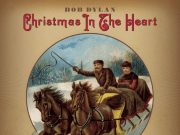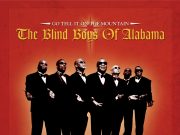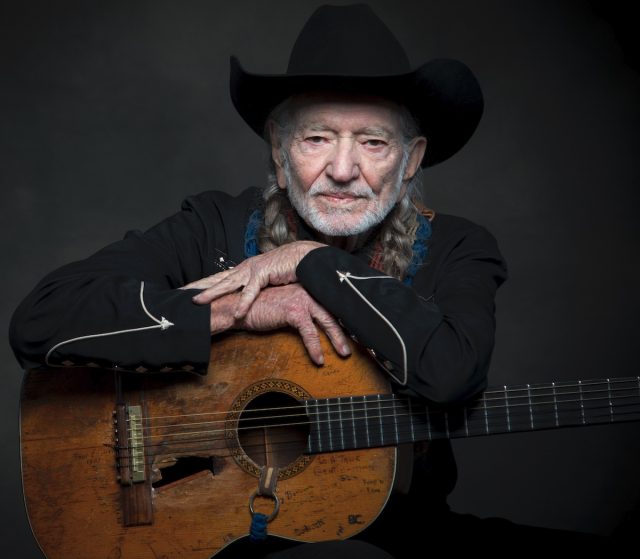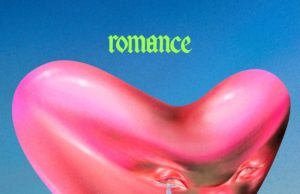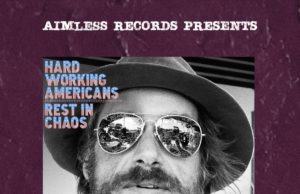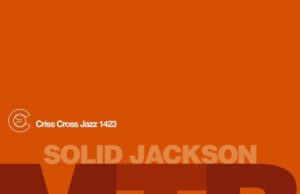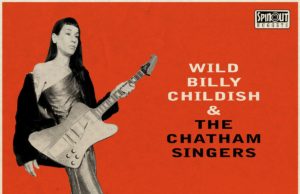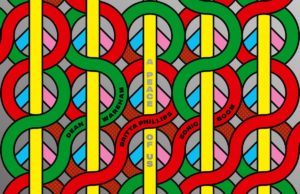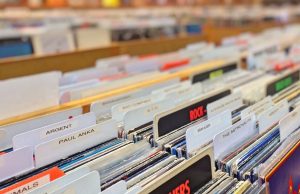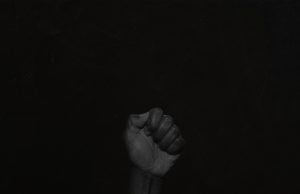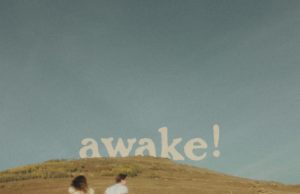With Ken Burns’ latest superb music documentary series Country airing this month, I figured it made sense to pull out some interviews I’ve done with country legends over the years. Here’s a chat I had with Willie Nelson back in 2012. He was promoting his covers album Heroes at the time, so we talked some about the old days and his personal heroes. This also includes plenty of stuff that didn’t make the cut in the original print version. Enjoy.
Being Willie Nelson would make anybody a pothead. That’s his excuse, anyway. “Walk behind me for 24 hours and you’ll want to light one up too,” cracks the 79-year-old country icon. “I guarantee it.”
The touring and travel, the recording sessions and interviews — apparently it’s such a grind that the Red-Headed Stranger needs dope just to cope. And not just any old homegrown skunk weed, either — Willie grazes on prescription grass. “I’m a medical marijuana patient,” he explains. “I have the legal cards in four or five states. You just go to the doctor and he says, ‘Do you have anything wrong with you?’ And you have to say, ‘I’m a little stressed-out, doc.’ And he says, ‘OK, this will help. There you go.’ It’s really about that simple.”
Equally simple: The concept behind Nelson’s umpteenth studio album Heroes. A typically laid-back and freewheeling affair, it finds Willie tipping his hat to songwriters from Bob Wills to Tom Waits — and tossing in a few new tunes of his own, including the fittingly autobiographical Roll Me Up and Smoke Me When I Die — while hosting a guest list that includes old-school icons like Ray Price and Kris Kristofferson, current stars like Snoop Dogg and Sheryl Crow and even his sons Micah and Lukas. From the endless road, Nelson called up to discuss family, heroes and dipping into his own musical stash.
What does it take to make someone a hero in your book?
Well, I wrote the song Hero about Billy Joe Shaver, who’s a great friend and a great songwriter. I was glad to give him some well-deserved recognition. But the whole album is about people who are literally heroes — Billy Joe and Kris and Merle Haggard and all those guys. There’s not a better songwriter anywhere than Kris and not a better singer than Ray Price. They’re people I can look up to. That’s what I mean by heroes.
How do you feel about being a hero to people?
That’s cool. I’m glad to hear that. I’m sure that in some instances it’s true. I’m honoured. I try to live up to it.
Is that a tough thing to do?
No. not really. Since I don’t have any rules to go by, it’s hard to break one.
Your sons are featured prominently on the album. How did that come about?
A long time ago, I thought about how nice it would be to record with them. But I didn’t really know how or when it would happen. As time went on and Lukas and Micah got better and better and better, it was just an easy thing to do. It gives me a chance to hang out with them. And it’s a natural evolution as I see it. When I’m gone, these guys are going to be somewhere playing good music. And then their kids will be doing the same. I think that’s part of the responsibility of the music: To pass it on.
Is it tough not to be dad in that setting?
I’m sure they look at me as dad the same way I look at them as kids. But I don’t really remember disciplining them that much or having to discipline them. They’ve been pretty much gentlemen all their lives and their mother is a great mother and she instilled her family values in them. I’m really proud of them because they’re good kids, whether they could play or not.
Do they get special treatment from you as a boss?
Oh no, no. We all screw up. That’s a given. If you’re not screwing up, you’re not doing anything.
Still, it must be nice that they don’t suck.
Yeah, that is good. They’re both really good musicians. And Micah is a great artist. He’s doing a lot of illustrations for the album and marketing. They’re just good kids.
Did you warn them against a career in music or encourage them?
They’ve had the drums and guitars and pianos laying around all their lives, of course. I didn’t want to push ’em one way or another, but I wanted them to be there if they wanted to play. For years, they kind of stumbled over them. And then one day, Lukas picked up the guitar and Micah sat down behind the drums, and they’ve been picking ever since.
As have you. What’s your writing process like these days?
I can write when I need to. But I need something to make me write. I gotta be motivated. I guess I’m lazy. But sometimes, you get an idea. And it’s like labour pains — you’ve gotta go write it.
Aside from country, you’ve done jazz and blues and reggae and kids’ songs. What’s left on your to-do list?
For years, I’ve wanted to sing with Barbra Streisand. I met her back when the movie A Star is Born was being made, so I’ve known her a long time. I keep saying one of these days, we’re going to do a record together. And one of these days we will.
Now that you’re back on the Sony label, I hear you’re going to dig through their archives and reissue some of your old material.
Yeah, I’ve seen a lot of the stuff they have over there. There’s a lot of demos I did in the ’60s that were just as good as some of the finished products released later on. I’m figuring out a way to bring those out. Some of them I’d forgotten I’d written, much less made demos. One in particular is called Is the Better Part Over? I had it on one of the first records I put out, but totally forgot about it after that. So I’m doing it again. Sister Bobbie and I have been in the studio, so we recorded it. There are a few little gems that I overlooked in the past that I’m trying to bring back.
What else are you working on?
Leon Russell and I have a bunch of stuff in the can that will be coming out in a little while. I’m also planning some more stuff with Ray Price and Merle and Johnny Bush and different people. There’s talk about a couple of other things.
With all of you guys getting older, do some of these projects get more urgent?
I just tell everybody to be careful. Don’t take no chances — and don’t buy no green bananas.
You’ve achieved a lot. Is there one thing you’re proudest of?
Not any one thing, no. The first day that I made a little money playing money instead of working in the cotton fields and corn fields and cotton gins, I felt real successful. That was a real big day for me. I played in a Bohemian polka band one night in a little town north of Waco. I think I made $10 that night, and I had bailed hay all day for $1.50, so that was good money for me.
For a guy who smokes so much dope, you seem to keep pretty busy in the studio and on the road.
Well, that may be the reason I can handle a full schedule. I’m never sure where I am, so what difference would it make? If there is no solution, there is no problem.
Speaing of your workload, your touring schedule has you playing five and six nights in a row.
Yeah — since we’re out here, we might as well play. I don’t do days off that well; I’d just as soon be playing.
What is it about days off that you don’t like?
Well, if it’s so many miles between dates that we have to have a day off, I can understand that. But I’d just as soon work every day that I’m out here for a couple of weeks and then take off for a couple of weeks and then do it again.
Guys a third of your age don’t do that.
I don’t know — you gotta like it, I guess, first of all. A you have to be sort of an athlete at the same time.
Is your drug use as heavy as it’s made out to be or is it just a legend?
Well, I smoke a little grass. But I do have a pretty good capacity for that and a lot of people don’t. So they seem to think I smoke a lot. I don’t think so. I think I smoke about a normal amount for me. It depends on the quality of the product. But I don’t smoke as much as some people think I do.
What’s the first thing you’d do if you were in charge?
I’d legalize everything. Everything. Legalize the drugs and tax and regulate it like we do cigarettes and alcohol. Make some money and don’t let the criminals make all the money. End of story.










